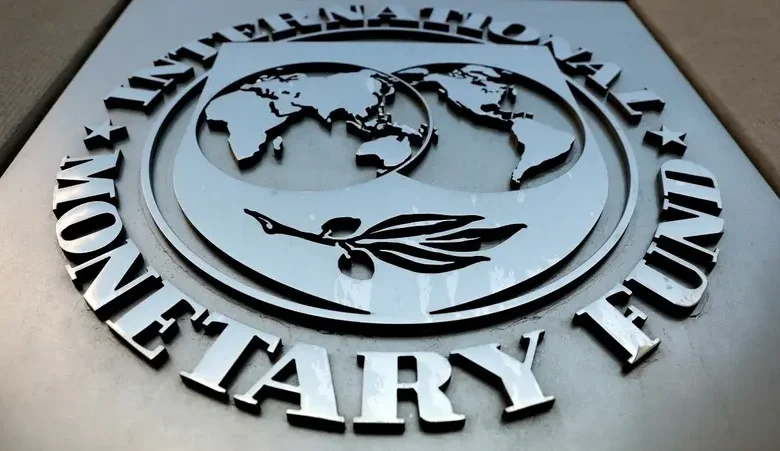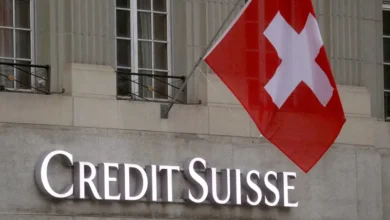IMF warns of ongoing financial risks following banking turmoil in US, Europe

The recent banking turmoil in the United States and Europe could spread to crucial non-bank institutions like pension funds, further complicating central banks’ fight against high inflation, the International Monetary Fund (IMF) said Tuesday.
Banking risks “could intensify in coming months amid the continued tightening of monetary policy globally,” and spread to the interconnected non-bank sector, which now holds almost half of all global financial assets, IMF economists wrote in a blog post.
It was published alongside a chapter from the IMF’s biannual report on global financial stability.
Central banks on both sides of the Atlantic have been walking a fine line as they attempt to tackle high inflation by raising interest rates without adding to the turmoil in the banking sector sparked by the dramatic collapse of Silicon Valley Bank (SVB).
The Californian high-tech lender collapsed after it took on excessive interest-rate risk, which left it over-exposed when the US central bank began its aggressive campaign of interest-rate hikes last year.
Non-bank financial intermediaries (NBFI) like pension and investment funds have grown dramatically since the 2008 global financial crisis, when regulators moved to toughen up the rules on banks.
NBFIs are highly interconnected with traditional banks, and can “become a crucial amplification channel of financial stress,” the IMF said.
The sheer size of the NBFI sector means “the smooth functioning of the nonbank sector is vital for financial stability,” IMF economists wrote.
To correctly address the problem, the IMF said policymakers must use a range of tools, including enacting more robust surveillance and regulation of the sector, and forcing companies to share more data about the risks they are taking.
Central banks also have a role to play, which should be focused on temporary, targeted support for NBFIs that pose risks to financial stability, and for those considered to be systemically important.










